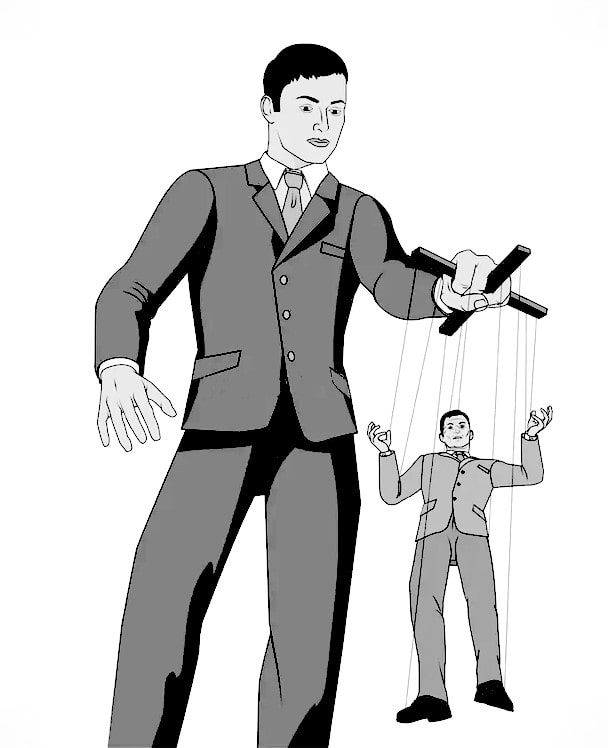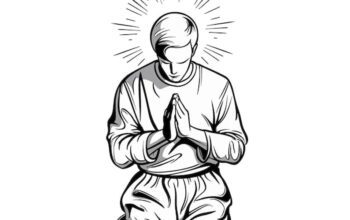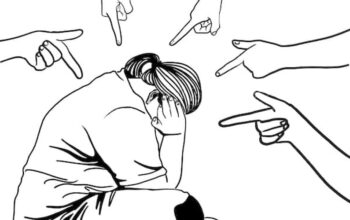
That gospel parable where Christ talked about a certain man who invited many persons to a great supper (cfr. Lk 14,15-24) can lead us to ask the question of how to balance the forcefulness of love and our freedom.
As the parable narrates, all those invited refused to come with all sorts of excuses. That was when the man was forced to tell his servants to “go out into the highways and hedges, and compel them to come in, that my house may be filled.” (Lk 14,23)
It’s clear that the parable wants to teach us that God is all eager to bring us back to be with him. He created us in his image and likeness. We are supposed to share in his very nature and life.
The parable highlights the truth of our faith that God is willing to use some forcefulness to bring us back to him. But obviously, this forcefulness does not compromise our freedom which God also respects.
This only means that the forcefulness we may have to use in our apostolic dealings with others should not do away with delicacy, gentleness and compassion, especially with those who are not quite ready yet to receive Christ, or who may even be hostile to our apostolic action.
This is simply because we have to respect the freedom of everyone, even if that freedom is not exercised properly. In that case, we have to go to the process of explaining things slowly and delicately, accompanying it with prayers and sacrifices.
We have no right to impose ourselves on others, and to trample on their freedom. Even if we manage to force others to comply with our commands to be with God, if they do it not freely, nothing is actually achieved. In fact, a worse scenario may even be created.
We have to be wary of our tendency to control people’s lives and freedom. That is not the way Christ dealt with everyone. Yes, he proclaimed the truth in different ways, some in a soft way and others in a rather strong way, but in the end, he did not force anyone to follow him.
He practically begged to be believed and followed, and this he did all the way to offering his very own life. As Christ put it, “I, when I am lifted up from the earth, will draw all men to myself.” (Jn 12,32)
This is because we are not the owners of anyone’s conscience. God is the only owner. We are at best stewards, tasked to help others in the name of God. And given the complexity of this business of apostolate which is something eminently spiritual and supernatural, we need to practice a lot of restraint and moderation, thoughtfulness and patience, since we will be involved in some mysteries which we cannot fully fathom.
Thus, we have to avoid appearing as if we know everything, even if we are aware that we know a lot of things. We cannot be too sure if we are hitting the mark when we make our apostolic moves. The best that we can do is to be delicate and gentle in our dealings, never acting like a bully or being too pushy.
More importantly, we need to pray a lot and offer a lot of sacrifices, always appealing to God’s mercy and wisdom. God is the only one who can make the impossible possible. We have to allow others to grow and mature spiritually in a way that is done in freedom and love. (Fr. Roy Cimagala)



